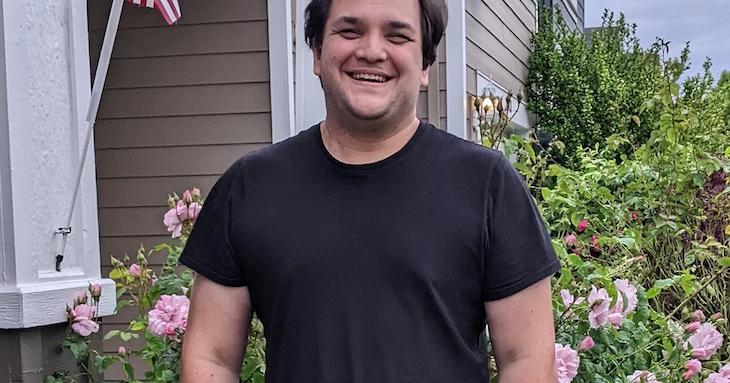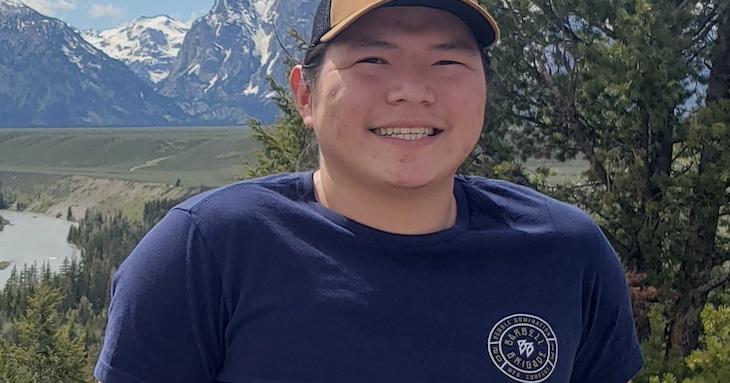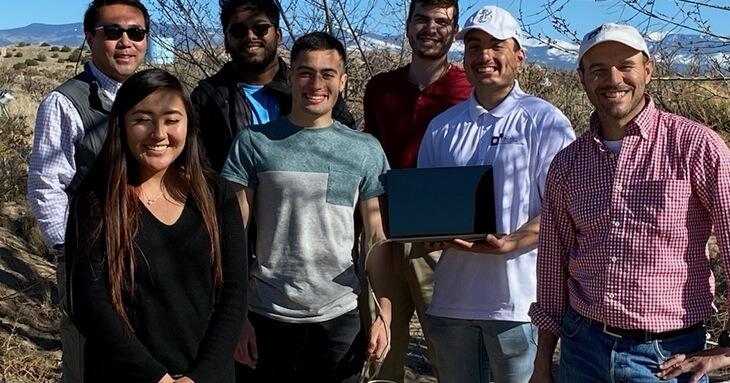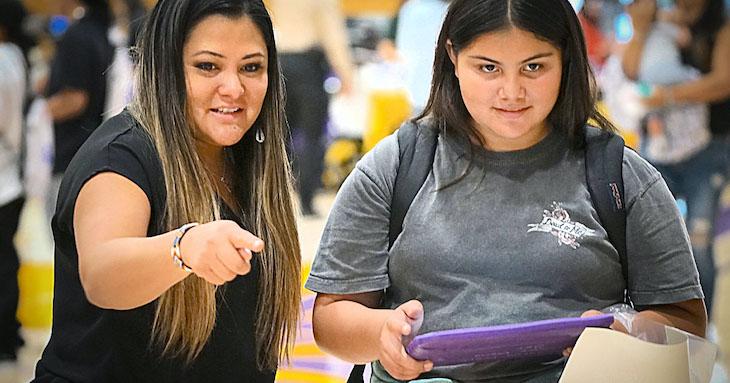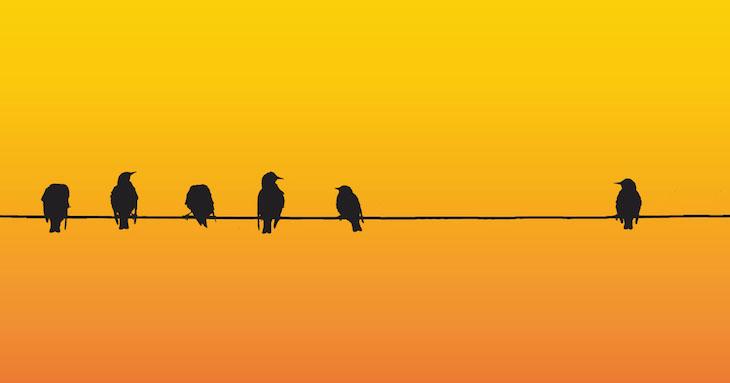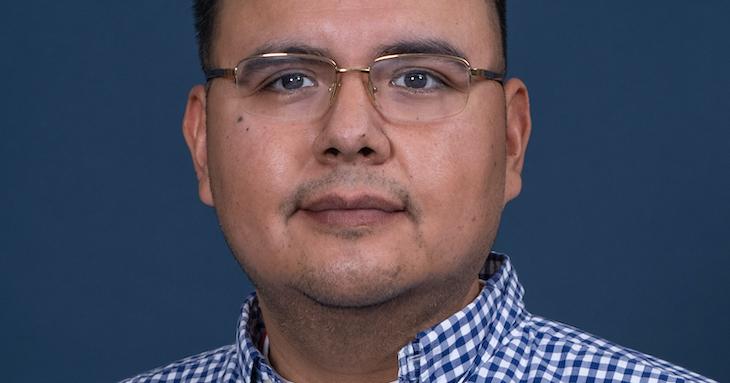-
Benjamin Quanah Parker | Squaxin Island Tribe | Portland State University
Dr. Benjamin Parker recently became the first Indigenous student to earn a PhD in mathematical sciences from Portland State University. He joins a list of only 37 Indigenous people with a doctorate in math. While a career in academia supporting students as an ombudsman may be in the cards for the future, Parker is currently content in his new role with Intel as a software research and development engineer.
-
Lee Johnson | Navajo Nation | MuleSoft, A Salesforce Company
Lee Johnson hunts bugs. Not the kind with six legs, but flaws in computer code. He’s living his life’s dream as a security engineer working on MuleSoft, a Salesforce product, in Phoenix. “This is my passion. I’ve always loved trying to hack into things,” says Johnson.
-
Exceeding the Dream
Wireless sensor networks build resilience in a Native community — and in our research team
What do you get when you mix over 30 team members representing engineering faculty and students, ROTC cadets, aspiring lawyers, educational psychology instructors, and experts in flooding, then add a dash of ancient tribal knowledge, temperamental field sensors, wireless sensor networks built in-house, and unpredictable weather conditions — all with a one-year deadline and strict budget from a federal funding agency?
-
Ways to Mentor Young Native Professionals
Having a mentor can be an integral component to an individual’s professional success. A mentor can help professionals learn and grow, expand their network, and even provide new employment opportunities. It is important to remember that not every style or approach to mentoring is appropriate for every professional. Here are a few ways to mentor a young Native professional.
-
Less is More: What Not to Bring to College
You did it! You’ve made your college decision. Now it’s time for you to pack up and make your way to campus. But be careful what you pack. It may seem like you need to bring everything from your third grade spelling trophy to your custom wall art, but think twice before you pack everything you own. Many college students end up bringing things they don’t ever need or use. Given the small size of most dorm rooms, less really is more. Here are a few things you don’t need to bring to college.
Prohibited Items -
Parting Ways: Knowing When It’s Time to Make A Change
The COVID-19 pandemic has brought about great change. One of those changes is the “great resignation.” From wanting to work remotely to pursuing an entirely new career, the reasons for employees leaving their current jobs vary widely. Perhaps you have considered whether there is a position out there that would be a better fit. But how do you know if it’s the right time for you and your current employer to part ways? Here are a few tips to help you know when to make a change.
You’re Truly Uninterested in Your Work -
Funding Your Future
After years of a set path in school, you may find yourself wondering what’s next. Whether you have a plan or are still figuring it out, the one constant is making sure you can fund whatever your future brings. This doesn’t mean you need to have thousands of dollars in the bank, but being smart about your money now will help ensure that you have it when you need it later. Here are a few ways to help fund your future.
Learn the Language -
Signs You’re Burned Out ... and What to Do About It
Traditional aspects of how and where we work have shifted over the past two years. The remote and hybrid work schedules can make it much harder to separate professional and personal lives. As a result, you may feel like you’re never able to get away from work. You may find yourself becoming more negative or cynical, feeling tired, and lacking motivation to get your work done. Don’t assume these are normal feelings. You might be experiencing burnout. Here are five signs that you’re burned out — and what to do about it.
-
What’s Next? Deciding Which Path to Take
Whether graduation is around the corner or in your rearview mirror, you may find yourself wondering what’s next. Some students know which path they are taking before they graduate. For others, the path isn’t as clear. The good news is that there are many different paths and no wrong answer, only the path that works for you. But how do you figure out which path to take? Here are a few ways to help you decide which path makes the most sense for you.
Define Your Passion -
Paul Flores | Gila River Indian Community | Pit River Tribe
“A wild ride.” That’s how Paul Flores, tribal administrator for the Pit River Tribe in Burney, Calif., describes his life. “Be open to any opportunity, because you don’t know where it’s going to lead,” he says. A member of the Gila River Indian Community, Flores grew up in Arizona, dropped out of high school, joined the Army, and became an infantryman. During the second Iraq war, in the battle-ravaged town of Ramadi, a hidden bomb exploded and wounded him. “I expected to be jumping out of airplanes and fast roping off helicopters for 20 years,” he says. “Didn’t happen that way.”


